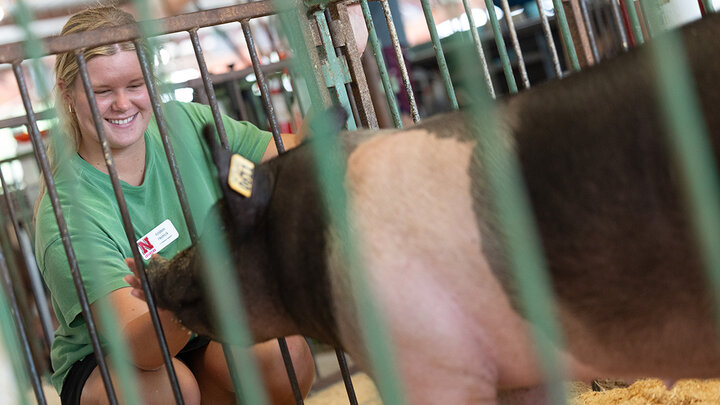A team of Nebraska researchers, led by Karrie Weber and Karina Schoengold, has submitted a proposal to the National Science Foundation’s Established Program to Stimulate Competitive Research – Research Infrastructure for Science and Engineering (E-RISE) program. The project, titled E-RISE: Nitrogen in Water, Agriculture, Technology, and Environmental Research (N-WATER) Accelerator, aims to position Nebraska as a global leader in groundwater quality research and solutions. The proposal will undergo a national competitive review process with a decision expected in early 2026.
At the core of the N-WATER Accelerator is the creation of a digital twin of Nebraska’s subsurface and groundwater resources—a virtual model that uses high-resolution, real-time data to simulate, monitor, and predict nitrogen movement and transformation below the Earth’s surface. This groundbreaking tool will help scientists, policymakers, and community partners develop smarter strategies to protect water quality, balance agricultural productivity, and safeguard public health.
The N-WATER Accelerator will provide tools to better predict nitrogen movement through the system in response to design solutions that ensure sustainable water use for generations to come.
The proposal brings together the University of Nebraska–Lincoln, University of Nebraska at Omaha, Doane University, Chadron State College, and Western Nebraska Community College, in partnership with the Nebraska Water Center, Hastings Utilities, Ethos Connected, and several Natural Resources Districts. This coalition will establish a lasting integrated research and education ecosystem across the state of Nebraska that continues well beyond the NSF funding period.
N-WATER’s vision is one that is both local and global. By tackling Nebraska’s water challenges with innovative science and technology, N-WATER will develop tools that can be applied nationally and globally.
The N-WATER Accelerator proposal reflects Nebraska’s long-standing commitment to excellence in water research and its leadership role in addressing the intersection of agriculture, environment, and technology.


